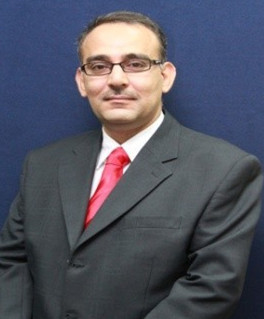Abstract—In developing countries, the technology needs
assessment (TNA) is very important in defining the country
development, especially in infrastructure issue. From UNEP
RISØ Center approach, TNA with technology action plan in
energy management sector in Thailand have been developed.
By using the Multi-Criteria Decision Approach (MCDA)
method, there are 29 energy technologies from four main
area-based targets, i.e. (i) energy supply and transformation,
(ii) renewable energy technologies (RETs), (iii) energy
efficiency improvement in demand side, and, (iv) other energy
technologies, which related to climate change impact
mitigation are identified and assess the mitigation the effects of
climate change technology. The ten factors consist of eight
“readiness” and two “impact” factors have been applied and
weighted to prioritize to all 29 energy technologies to find out
the final technologies. The results of technology prioritization
are concluded as all possible options as follows; i.e. (i) smart
grid, (ii) waste to power generation, (iii) second and third
generation of biofuels (iv) energy efficient in combustion in
industry sector, and (v) carbon capture and storage (CCS).
The technology action plans (TAP) of these five prioritized
technologies have then been developed by using the mapping
technique. The major barriers of TNA have also been analyzed
with solution finding and diffusion preparation. All of the five
selected technologies are vital mitigation technologies in the
increasing of the capacity and efficiency of energy development
and management in Thailand.
Index Terms—Multi-criteria approach, technology needs
assessment, Thailand
Wongkot Wongsapai is with Faculty of Engineering, Chiang Mai
University, Thailand (email: wongkot_w@yahoo.com).
[PDF]
Cite:Wongkot Wongsapai, "Technology Needs Assessment for Climate Change in
Energy Management Sector: The Case of Thailand," Journal of Clean Energy Technologies vol. 1, no. 2, pp. 91-95, 2013.


